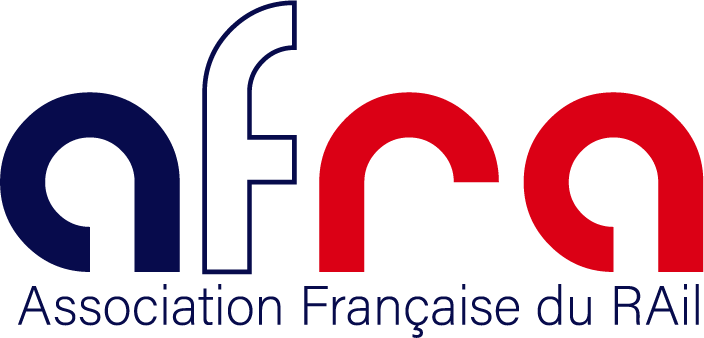On December 13, 2009, in application of EU regulations, cross-border passenger traffic by rail (high speed and main line trains) will be open to competition, as has been the case for freight traffic since 2003.
A very superficial opening-up!
In France, recently enacted legislation on the Organisation and Regulation of Rail Transport (ORTF) incorporates provisions for the opening-up of cross-border passenger traffic by rail. A future government decree is intended to specify how this legislation will be implemented.
AFRA (l’Association Française du Rail) wishes to express it reservations about the draft decree, which it consider too restrictive. Its main impact is likely to be that new services are barely profitable and that the development of new rail operators on the French market will be hampered.
Specifically, one of the provisions will stipulate that international trains stopping and picking up passengers in France (cabotage) will be subject to a complicated approvals procedure and maybe even restrictions to this activity.
Rail operators will be required to prove that no more than 50% of their revenue or passengers carried come from stops in France. If this is not the case, and in view of the possible impact on the economics of public service contracts currently in force in France, the government will be empowered to restrict stops in France or require that rail operators compensate the holders of public service contracts for any shortfall in their revenue.
European regulations intended cabotage freedom to be an essential condition for the economic viability of cross-border transport and therefore its success. This restrictive transposition measure ignores this recommendation. In addition, the French government has announced the introduction, by June 30, 2010 at the latest, of a public service agreement for the funding of « Corail Intercity » lines. AFRA is concerned that this might restrict cabotage in France by international trains even further.
Opening-up of the domestic market
AFRA regrets that the French authorities have so far refrained from making any announcement about the liberalisation of domestic rail services whereas other European countries like Germany, Sweden and Italy have already opened up their markets voluntarily, to the satisfaction of rail passengers.
It has largely been demonstrated that it was a mistake to open up the French rail freight market on a piecemeal basis, as the market only started to grow once it was fully liberalised in 2006.
The French paradox
Alain Thauvette, President of AFRA, has stated « the opening-up of the rail freight and passenger traffic markets is a deliberate move by the European authorities, designed to give fresh impetus to rail transport within an integrated and regulated market.
In every country in which this policy has been implemented, Germany being a good example, it has been an immediate success in economic terms as well as in terms of passenger satisfaction and sustainable development.
Why should rail travellers in France continue to be deprived of a choice of their suppliers of rail services in view of the choice they already have in telecom and power services?
Finally, it is a sad paradox that it is a French law that denies access to the French rail market, including for French rail operators, which therefore have to focus most of their efforts on growing outside France. »
About AFRA (L’Association Française du Rail): December 10, 2009
AFRA (l’Association Française du Rail) is a not-for-profit association founded in March 2009. It brings together railway operators, which consider that the French market for freight and passenger transport will only be able to develop fully within an open, competitive and regulated market.
AFRA currently has the following rail operators among its members: CFTA Voyageurs, Trenitalia, Veolia Transport in passenger transport and Euro Cargo Rail – a subsidiary of DB Schenker Rail – and Colas Rail in freight transport.
Key dates :
– March 15, 2003: Opening-up of the international rail freight market.
– June 13, 2005: Veolia Cargo becomes the first private sector company to dispatch a freight train originating in France from the Meuse départment to the Land of Sarre in Germany for a group of German steelmakers.
– March 31, 2006: Full liberalisation of the French domestic rail freight market.
– December 3, 2009: Entry into force of the European OSP (Public Service Obligation) regulation, empowering regions to call on competitors to the incumbent railway operator.
– December 13, 2009: Opening-up of the cross-border passenger market.
The date for the full liberalisation of the French domestic market for passenger traffic has not yet been fixed.
